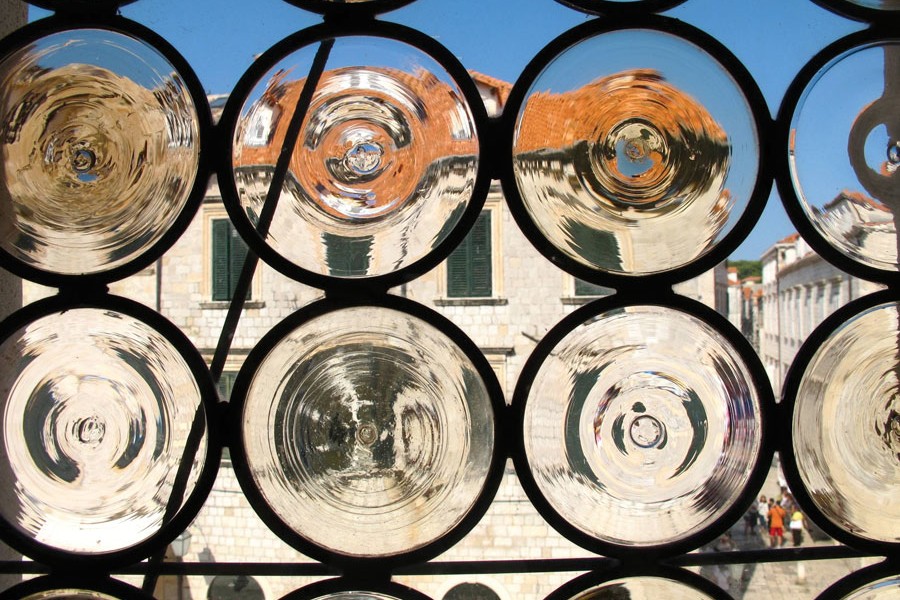Deception lay at the heart of Adolf Hitler's rare stab at diplomacy in 1940. Aboard his private train, Amerika, Hitler embarked on a series of visits with the leaders of Italy, Spain, and Vichy France to promise favorable outcomes for those nations that agreed to close off British access to the Mediterranean—promises he never intended to keep.
Deception in turn dealt the diplomatic attempt its fatal blow. The three European leaders—Benito Mussolini, Francisco Franco, and Philippe Pétain —let Hitler believe they would in some measure cooperate with his scheme but double-crossed him by failing to deliver and pursuing their own interests instead.
"He thinks he's got it squared away, but it wasn't," says Eliot Cohen, professor at the School of Advanced International Studies and director of the Philip Merrill Center for Strategic Studies, which he founded. Cohen recounted this little-known World War II episode in roughly the same Mediterranean territory where it occurred, his audience—wineglasses in hand—the 100 or so travelers on a recent Johns Hopkins Alumni Journeys cruise to Italy and the Adriatic coast. Having boarded the Corinthian II in Rome, the group spent 10 days learning about history and art, listening to opera, and touring such cities as Taormina, Sicily; Kotor, Montenegro; and Piran, Slovenia.
Cohen, one of three study leaders on the tour and an amateur magician, included in his deception-themed lecture series a magic trick to whet his audience's appetite for the trickery he says intrigues us. His second talk told the 1943 story of "The Man Who Never Was," when British intelligence agents dressed a derelict corpse in a Royal Marine uniform, chained a briefcase to its wrist containing a fake letter ostensibly written by the No. 2 British army official, and floated it ashore off Spain, believing it would be picked up by pro-German officials. As the British had hoped, the letter's false information was surreptitiously passed to the Germans, causing them to prepare for a British advance in Greece or Sardinia and leaving the actual target, Sicily, exposed. Of this and other talks delivered over the course of the trip, Cohen says, "I tried to give a sense of how complex and contingent history can be."
The Alumni Journeys program is designed to create a community of shared exploration, says Susan Baisley, A&S '80, associate vice president for constituent engagement in the Office of Development and Alumni Relations and the host of this tour. "To have the level of expert insight into topics so relevant to the part of Europe we were in was really quite magical," she says.
That sense of exploration often spilled beyond the lectures and into lengthy Q-and-A sessions. Most nights, the discussion grew so extensive that the cruise director had to cut it off to send everyone to dinner.
Posted in Arts+Culture
Tagged travel, alumni journeys








